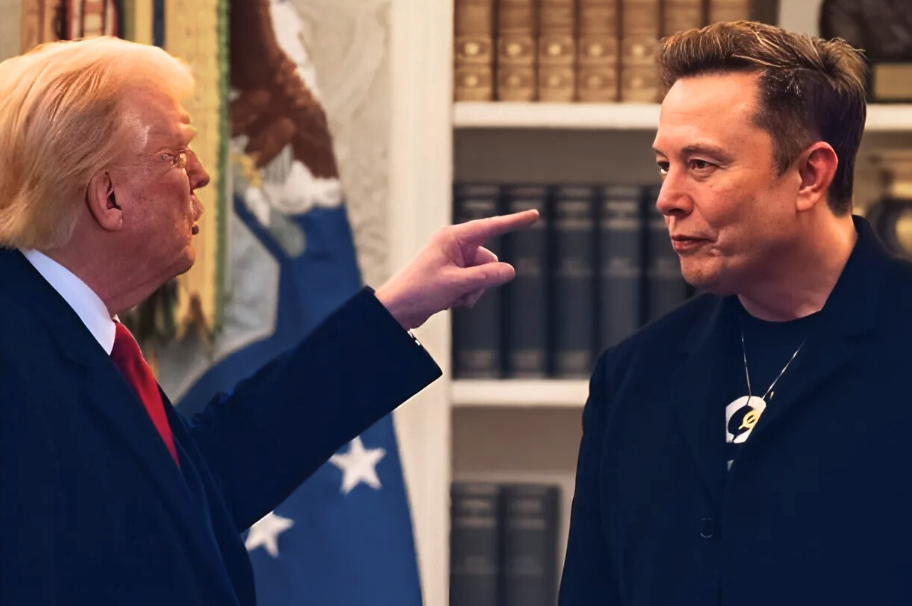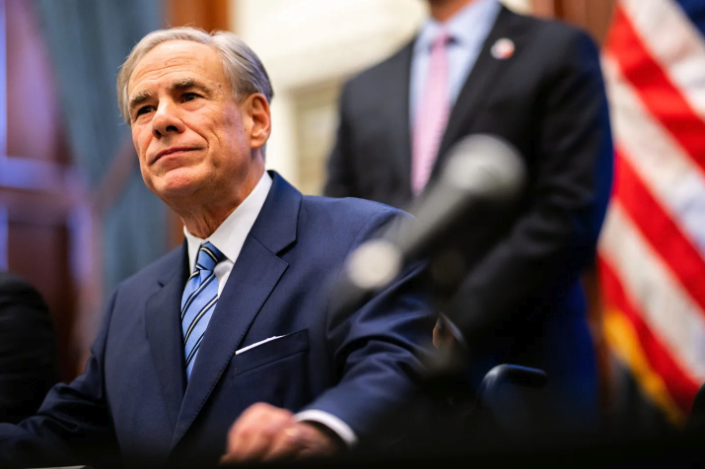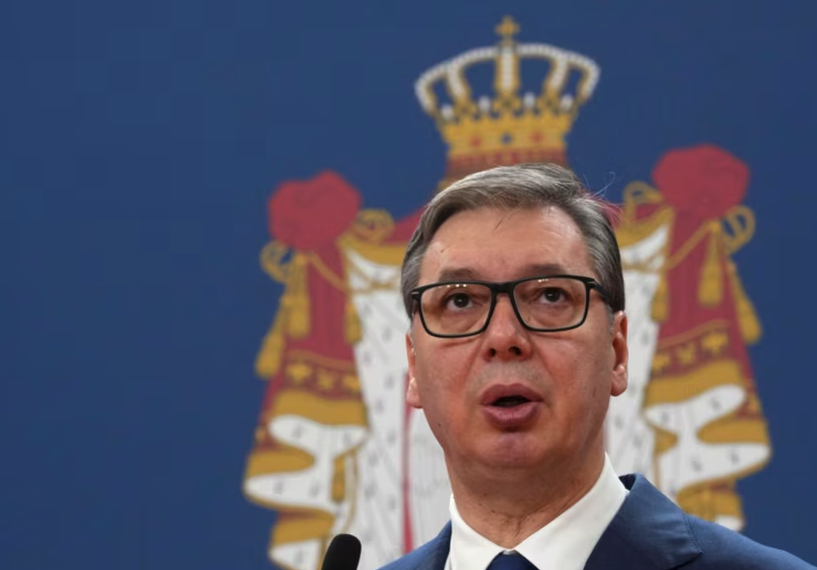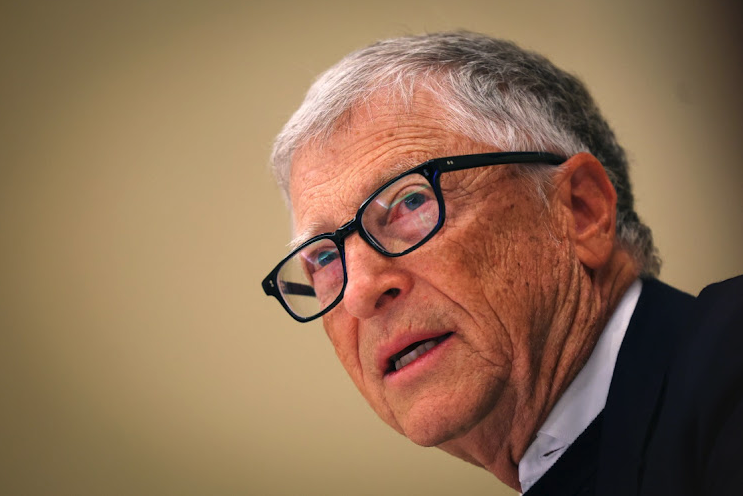Chinese university gives Harvard international students ‘unconditional offers’ amid U.S. ban drama

In a bold move that underscores escalating tensions between the U.S. government and elite educational institutions, the Hong Kong University of Science and Technology (HKUST) has extended unconditional admission offers to international students at Harvard University.
This gesture follows the Trump administration’s decision to revoke Harvard’s certification to enroll foreign students for the 2025-26 academic year, citing concerns over campus safety and alleged ties to the Chinese Communist Party.
HKUST’s offer highlights the growing competition for global academic talent. It also raises questions about the future of international education amid geopolitical tensions.
With 6,703 international students at Harvard, including 1,203 from China, the stakes are high for students, universities, and the broader academic community.

Background on the Conflict
The Trump administration’s action against Harvard is part of a broader crackdown on elite U.S. colleges.
The Department of Homeland Security (DHS) announced on Thursday that it revoked Harvard’s Student and Exchange Visitor Program (SEVP) certification, which allows universities to sponsor international students’ visas.
DHS Secretary Kristi Noem accused Harvard of fostering an unsafe campus environment by permitting “anti-American, pro-terrorist agitators” to harass and assault Jewish students.
She also claimed the university coordinated with the Chinese Communist Party, alleging it hosted and trained members of a Chinese paramilitary group last year.
Harvard, America’s oldest and wealthiest university, enrolled 6,703 international students in the 2024-25 school year, representing a quarter of its student body.
Of these, 1,203 are from China, making them a significant portion of the affected group.
The revocation, effective for the 2025-26 academic year, means these students must transfer to other institutions or risk losing their legal status in the U.S.
This move escalates an ongoing dispute. The Trump administration has already withheld over $2 billion in federal funding from Harvard and threatened to revoke its tax-exempt status, which could cost the university millions annually.
Harvard has resisted White House demands to alter its hiring, admissions, and teaching practices, arguing that these infringe on its academic freedom.
HKUST’s Response
The Hong Kong University of Science and Technology, ranked 66th globally by Times Higher Education’s 2025 rankings (compared to Harvard’s third place), has stepped in to offer a solution.
On Friday, HKUST announced “unconditional offers” to Harvard’s international students, aiming to “ensure a smooth transition” for those unable to enroll next year.
The university pledged comprehensive support, including:
- Expedited admissions to streamline the enrollment process.
- Credit transfers to preserve students’ academic progress.
- Visa assistance to navigate Hong Kong’s immigration requirements.
- Housing support to help students settle in.
- A dedicated team to guide students through the transition.
HKUST Provost Guo Yike emphasized the university’s commitment to diversity, stating, “Diversity fuels creativity and progress. We are prepared to welcome Harvard students into our community, offering them the resources and vibrant environment needed to thrive in their fields.”
The announcement comes shortly after China’s Foreign Ministry criticized the U.S. action, suggesting HKUST’s offer may also reflect strategic positioning to attract top talent amid global academic shifts.

Impact on Harvard
The revocation of Harvard’s SEVP certification could have severe financial consequences.
International students often pay higher tuition fees, contributing significantly to the university’s revenue.
With a $53 billion endowment, Harvard is financially robust, but the loss of these students, combined with over $2 billion in withheld federal funding, poses a challenge.
The Trump administration has also threatened to remove Harvard’s tax-exempt status and impose taxes on its endowment investment gains, potentially costing millions more each year.
Harvard spokesperson Jason Newton called the government’s action “unlawful” and reaffirmed the university’s commitment to its international community.
“We are fully committed to maintaining Harvard’s ability to host our international students and scholars, who hail from more than 140 countries and enrich the University—and this nation—immeasurably,” Newton told Newsweek.
Harvard is already suing the administration over the funding cuts and is expected to file another lawsuit to challenge the SEVP revocation.
A federal judge in California has temporarily blocked similar actions against international students nationwide, suggesting Harvard may have legal grounds to fight.
Reactions and Statements
The decision has drawn sharp criticism from multiple stakeholders.
Former Harvard President Lawrence Summers took to X, stating, “It is crazy to make enemies of thousands of the most talented young people from around the world.
This violates the norms of decency and fairness and will make us a poorer country and, in all likelihood, is illegal in singling out Harvard and in the sweeping character of its attack on Harvard”.
DHS Secretary Kristi Noem defended the administration’s stance, saying, “This administration is holding Harvard accountable for fostering violence, antisemitism, and coordinating with the Chinese Communist Party on its campus.
It is a privilege, not a right, for universities to enroll foreign students and benefit from their higher tuition payments to help pad their multibillion-dollar endowments”.
China’s Foreign Ministry also weighed in, with spokesperson Mao Ning arguing, “The relevant actions by the U.S. side will only damage its own image and international credibility.”
Beijing urged the U.S. to reverse the ban as soon as possible, highlighting the politicization of education.
Broader Implications
Critics warn that the Trump administration’s policies could deter top international talent from studying in the U.S., potentially benefiting institutions in countries like China and Hong Kong.
HKUST’s offer is a clear signal that other nations are ready to welcome displaced students. This shift could impact America’s position as a global leader in higher education and innovation.
The financial implications for Harvard are significant, but the broader consequences for U.S. universities are equally concerning.
International students contribute billions to the U.S. economy annually, and their departure could strain institutional budgets and local economies.
The situation also raises questions about academic freedom, as universities face pressure to align with government policies.
| Aspect | Details |
|---|---|
| Institution Making Offer | Hong Kong University of Science and Technology (HKUST) |
| Target Group | Harvard’s 6,703 international students (25% of total, including 1,203 from China) |
| Type of Offer | Unconditional admission with expedited admissions, credit transfers, visa assistance, housing |
| Reason for Offer | Trump administration revoked Harvard’s SEVP certification for 2025-26 |
| Harvard’s Response | Calls action unlawful, plans legal challenge |
| Financial Impact | Loss of international tuition, $2 billion in withheld federal funds, potential tax-exempt status loss |
| Global Rankings | HKUST: 66th, Harvard: 3rd (Times Higher Education 2025) |
What Happens Next
Harvard is poised to launch a second legal challenge against the Trump administration, building on its April lawsuit over frozen federal grants .
For students, the immediate future is uncertain. They must decide whether to transfer to another U.S. institution or consider offers like HKUST’s.
Relocating to Hong Kong involves navigating visa requirements and cultural adjustments, but HKUST’s comprehensive support package may ease the transition.
The broader debate over academic freedom and the role of international students in U.S. higher education is likely to intensify.
As other countries position themselves as alternatives, the U.S. risks losing its edge in attracting global talent.
HKUST’s unconditional offers provide a lifeline for Harvard’s international students caught in a geopolitical and academic standoff.
The Trump administration’s actions reflect a broader effort to reshape elite U.S. universities, but they come at a cost.
By pushing away international students, the U.S. may inadvertently strengthen competitors like HKUST, reshaping the global academic landscape.
As legal battles loom and students weigh their options, the future of international education hangs in the balance.














